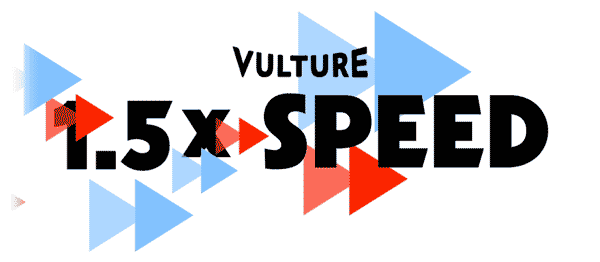 Hey all! We’re so close to wrapping up 2021, but we still have two more things for you on the Year in Podcasting before we turn the page. This week, I’m switching things up a bit: In lieu of recommendations, I’d like to spend some time talking about the state of independent podcasting after a year in intense industry consolidation. |
| And hey, if you like 1.5x Speed, consider forwarding it to Santa. —Nick Quah |
| As I wrote in the introduction to my Best Podcasts of 2021 list, this was, without a doubt, the year it all happened. The podcast world is now fully consolidated, with the bulk of all economic activity now orbiting around a handful of expansionary players: Spotify, SiriusXM, and iHeartMedia, with Amazon, a relatively new entrant, working its way through the wings. |
| Meanwhile, Apple Podcasts, historically celebrated as the impartial steward of the open podcast ecosystem, spent much of the year allocating its focus on the opposite direction and pushed new technology meant to make paid podcasting more ubiquitous. There was much fanfare surrounding the push, but it was never clear how (or if) those efforts were supposed to serve as a check and balance against the broader effects of the industry’s consolidation. In any case, Spotify more or less matched Apple’s paid podcasting technology in short order, and the whole thing felt strangely mundane by the end of the year. |
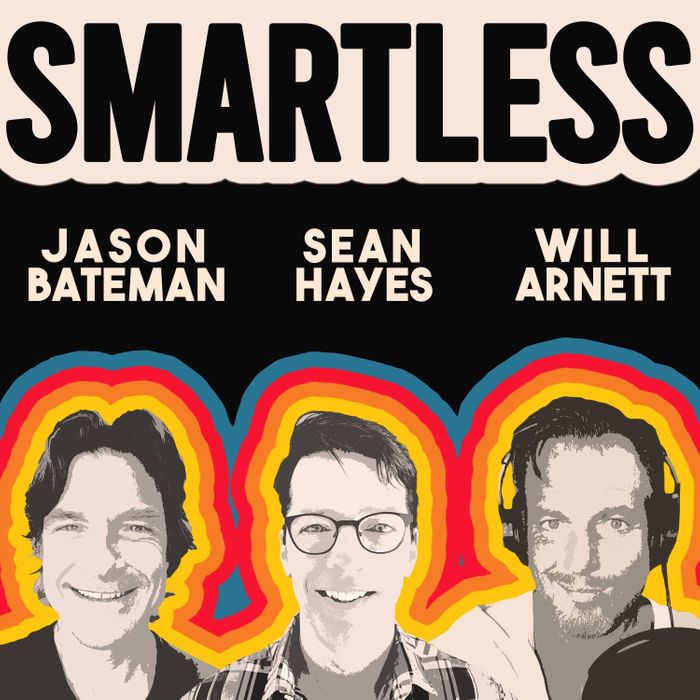 | 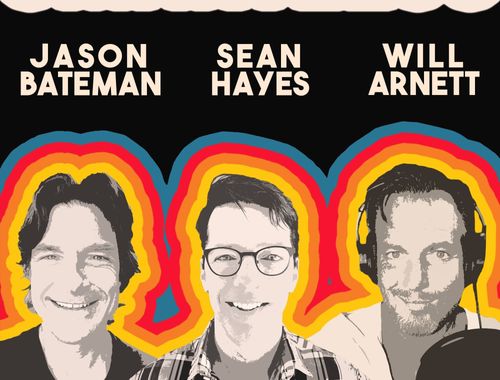 | | |
| For those worried that consolidation would severely weaken independent podcasting, there was much in the past year to be further unnerved about. In the summer, Amazon Music paid a reported $80 million to acquire SmartLess, the celebrity chatcast by Jason Bateman, Sean Hayes, and Will Arnett, despite the show being barely a year old by the time of the deal. The move enforced a sense that whatever value was being created in podcasting will almost certainly be mostly siphoned off to the already famous and already rich. |
| Elsewhere, Spotify continued to wrap its arms around exclusive programming, striking deals with Armchair Expert With Dax Shepard and Call Her Daddy. It’s also carrying on with its efforts to expand what it means to be the one-stop shop for all audio entertainment, a push that now includes acquiring an audiobooks company and revisiting video podcasts (“vodcasts”) once again. Platform monopoly is most certainly the intent here, and it should come as no coincidence that the two most-streamed podcasts on Spotify this year were Spotify-exclusive properties (The Joe Rogan Experience and Call Her Daddy). Another thing that should be concerning for creators as well is the recent skirmish between Spotify and Spoken Giants, a publishing-rights company representing comedians like John Mulaney and Tiffany Haddish, which saw the platform pull its content after the latter started a campaign pushing for better royalty splits for its clients. It’s hard not to look at this and see traces of what might happen in the future of podcasting. |
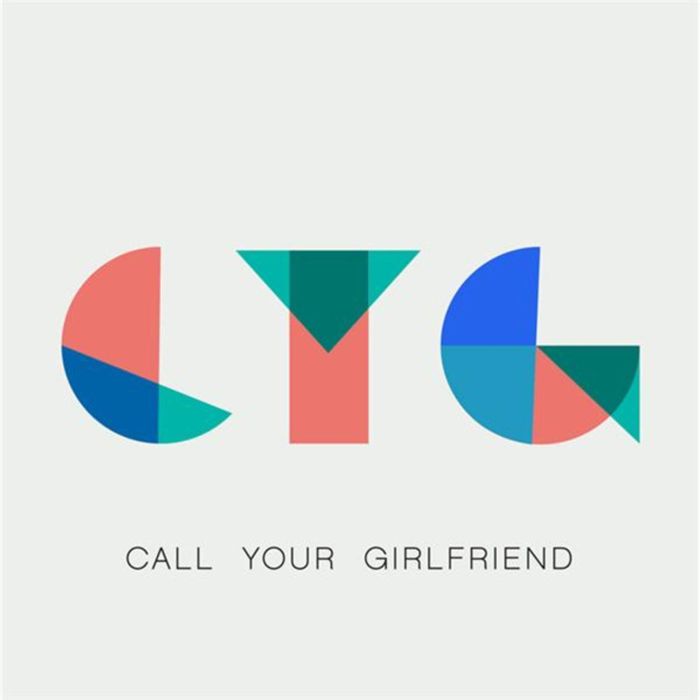 | 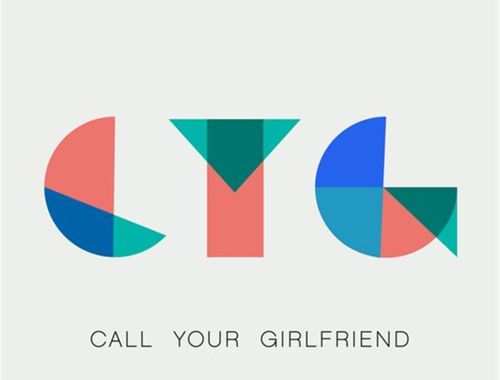 | | |
| The independent scene also had to deal with the symbolic loss of several stalwart figures, either through sale or retirement. In April, 99% Invisible, whose creator Roman Mars co-founded the Radiotopia podcast collective with PRX in 2014, sold to the satellite-radio giant SiriusXM. Last month, Criminal Productions, which publishes the wildly popular Criminal, This Is Love, and Phoebe Reads a Mystery, sold to Vox Media after six years as a Radiotopia member. (Vox Media, of course, is the parent company of New York Magazine.) Most recently, Call Your Girlfriend, the “podcast for long-distance besties everywhere” whose creation predates the first season of Serial, recently announced that it was winding down in the New Year. “As much as we’ve changed, it’s also fair to say that the podcast industry has changed a lot in the last eight years,” Aminatou Sow, one of the show’s co-hosts, told me. “Today, it’s professionalized in a way that I don’t have a ton of interest in.” |
| If I were a smaller independent outfit that’s been at it for a while, I imagine it might be difficult to look at all of this and feel much optimism about my place in the ecosystem. That feeling is perfectly reasonable, but I also think there’s strong evidence to suggest that the future of independent podcasting is more hopeful than all this seems. |
| To begin with, there continues to be a vibrant ecosystem of independent podcasts splayed out all over the place, in large part driven by direct-support platforms that have long predated Apple and Spotify’s push into that technological area. Pick a genre and you’d likely find a strong Patreon-driven operation, whether it’s true crime (e.g., True Crime Obsessed) or men’s fashion (e.g., Throwing Fits). There’s a generation of comedy podcasts that have left Earwolf to start new lives as indie operations, including Off Book and Hollywood Handbook. (Worth noting: The latter is now part of The Flagrant Ones’ robust Patreon operation.) The “podcast left” scene continues to thrive and multiply, from Red Scare to True Anon to Time to Say Goodbye. The creator-owned and listener-supported network Maximum Fun is still very much here. Shows that were once exclusive can also find their way back into the open ecosystem again, as in the case of The Last Podcast on the Left, which will leave its exclusive Spotify deal in February for a SiriusXM deal that will keep the show available on all podcast apps. |
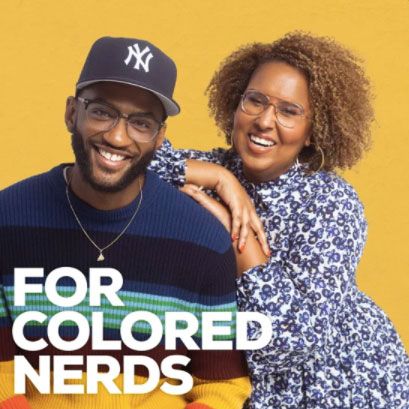 | 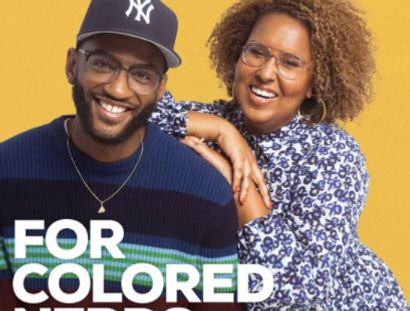 | | |
| One could even try to argue that there might be some upside to seeing more platforms and corporations jumping into the podcast space, as it leads to increased competition and the potential for better deals. For example, it hasn’t escaped my notice that Stitcher, now a division of SiriusXM, is the source of opportunity for two sets of talents — For Colored Nerds’ Brittany Luse and Eric Eddings, along with Rory and Mal — to set up shop and retain ownership of their respective shows after breaking off from undesirable situations with Spotify. Will that standard of ownership be applied to all other podcasts that sign deals with Stitcher? That’s unclear to me at the moment, and I’m doubtful, but at least there’s more opportunity to maneuver for leverage. |
| For a decent chunk of the podcast community, the consolidation of the past year might well feel like the end of what podcasting used to be: quieter, calmer, less glitzy, less competitive, maybe a little insular, supposedly open and democratic. But I’m partial toward interpreting what we’re seeing as a generational turnover, one that’s taking place as the podcast world is structurally reorganizing as it completes its process of professionalization. The creators who will take independent podcasting into the future won’t necessarily be tethered to the memory of what independent podcasting was like when the medium was first created in the mid-2000s, and they will be pushing forward to figure out new ways of what operating independently can mean. |
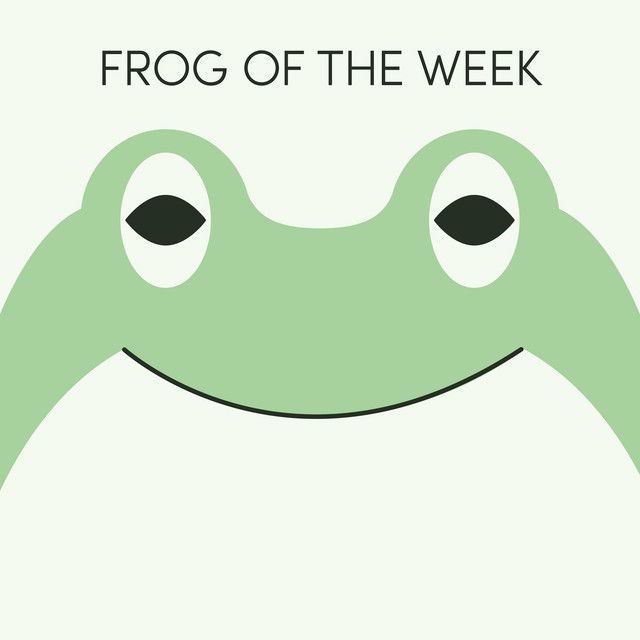 | 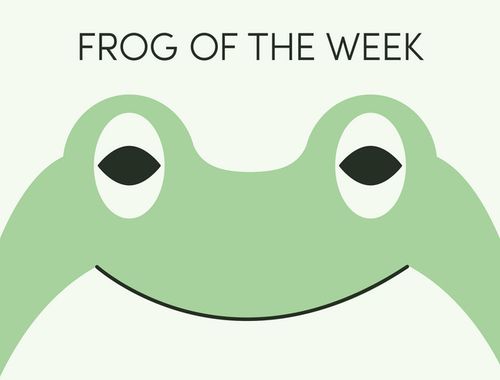 | | Photo: Frog of the Week |
| More importantly, they will be joined by new generations of creators too. As I reviewed my notes from the past year, I thought a lot about a project called Frog of the Week that came across my desk earlier in the summer. Frog of the Week is a micro-podcast with simple purpose and design. In every episode, each around three minutes, a woman named Kim presents a brief essay introducing a different species of frog. The essays are quirky, offbeat compositions: “A male Indian bullfrog in mating season looks kinda like a lemon with two blueberries glued to it. Not great for a fruit salad, but pretty cool for a frog.” You get no bells and whistles: The music is elementary, and there are no other sound additions other than short audio clips of the frog in question. It’s a uniquely weird and tiny thing, and pretty much perfect. |
| The podcast is a labor of love by a group of friends, who described the whole thing to me as “a joke that went too far.” AJ Fillari, a freelance audio producer who mixes the show, and Kim, who’s a lawyer when not moonlighting as a frog booster, explained that it was just one of those things where a few buddies were hanging out and someone asked the thoroughly modern question: “What if we started a podcast?” One joke led to another, which led to an idea, which led to a test recording, which led to a sample episode. “We did nine out of the ten steps when it comes to making a podcast,” said Fillari. “The tenth being, you know, actually continuing to make episodes.” So they kept making episodes, and the podcast is currently eight months into existence. |
| Make no mistake: Frog of the Week is a small operation, with each installment getting just a few hundred downloads. But it’s a source of delight for its creators, and what’s more, it seems to be going around via word of mouth. They occasionally receive messages from kids in schools and their teachers about their tiny frog show. Kim and AJ say they have no illusions that this was a thing that was going to hit it big, whatever that means. Instead, it’s a fun project that fits their creative practice, one that they’ll keep doing for however long they want to keep doing it. |
| Maybe that project will grow into a meaningful business someday. Maybe it won’t. Maybe these friends will keep collaborating, and one day they’ll make something together that will. Before podcasting was a business, it was a space for people to make things with and for each other — the making is as important as the monetized — and that doesn’t seem to be changing. The spirit of podcasting, I believe, remains alive and well. |
| Post note. Happy holidays, everyone. We’ll see you back here next Wednesday, for one last 2021 surprise. |
| And that’s a wrap for 1.5x Speed! Hope you enjoyed it. We’re back next week, but in the meantime… |
| | |
